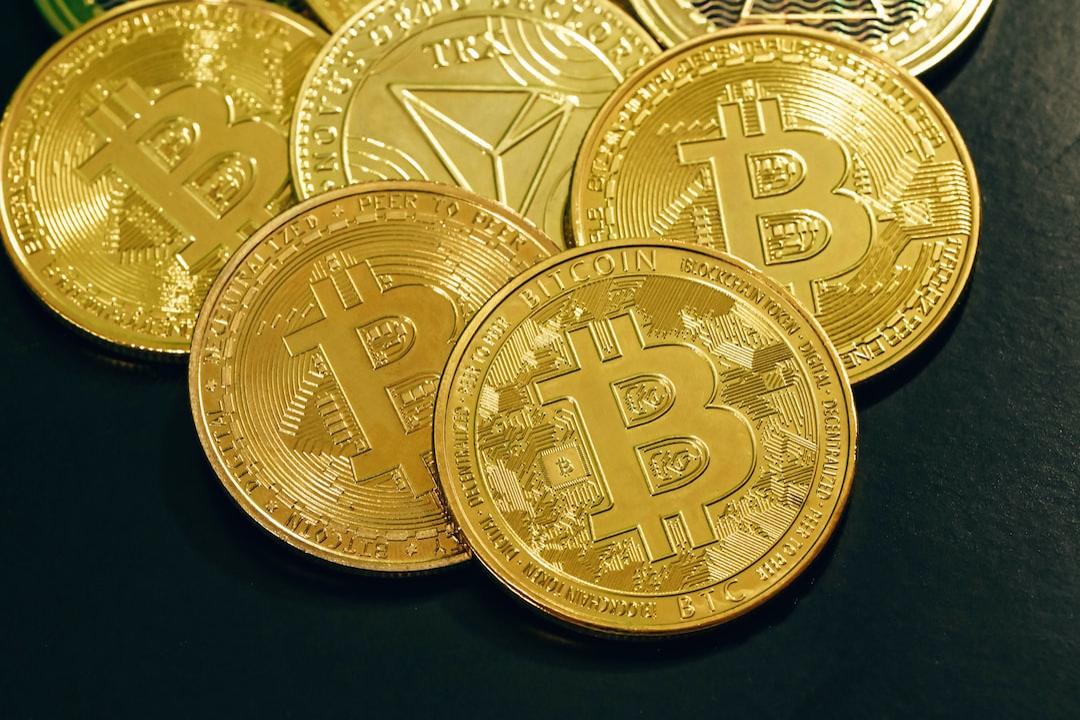According to a report by CoinDesk, the U.S. Securities and Exchange Commission (SEC) and the cryptocurrency exchange Coinbase debated in court on Wednesday (the 17th) about whether the trading of dozens of tokens constitutes securities and other related issues. However, the federal judge ultimately did not decide whether to dismiss the SEC’s lawsuit against Coinbase.
SEC and Coinbase both agreed in court that the tokens themselves are not securities. SEC’s lawyer argued that each transaction is equivalent to a buyer investing in a token ecosystem, hoping to profit from it, and as long as any of these transactions can be considered an investment contract, then Coinbase would be in violation of securities laws. However, the exchange countered that these transactions occur in the secondary market, with no contracts involved, and therefore should not be subject to securities laws.
Coinbase is trying to persuade Judge Katherine Polk Failla of the Southern District of New York to dismiss the SEC’s allegations of wrongdoing. However, the judge did not immediately make a ruling or indicate a timeline for the final decision, with expectations that it will be made in the coming weeks. The final ruling could impact the outcome of similar cases against exchanges like Binance and Kraken by the SEC.
Arguments from both sides:
SEC’s lawyer Patrick Costello believes that regardless of how buyers acquire digital assets, they are essentially obtaining a contract, “Tokens are the key to entering the ecosystem. Without the ecosystem, the tokens are worthless.”
Representing Coinbase, lawyer William Savitt from law firm Wachtell, Lipton, Rosen & Katz argued that the definition of an “investment contract” actually requires contractual obligations between the token issuer and buyer. He stated, “There must be a statement expressing an enforceable commitment. Without such a statement, there is no contract.” He referred to this as a “purely legal issue.”
SEC’s lawyer also attempted to refute concerns that the SEC’s position might expand the definition of securities to warnings about collectibles like art or trading cards, stating that these assets lack a core ecosystem. Costello mentioned that collectibles have their own value, “No one can make a baseball card more valuable.”
Judge Failla also referenced key rulings in other cryptocurrency litigation cases, including SEC’s loss against Ripple and victory in the Terraform Labs case. She mentioned that Judge Jed Rakoff in the Terraform case determined that cryptocurrency trades constitute securities, “which was not surprising to me,” but this did not involve tokens being listed on secondary exchanges. She stated, “The facts of Terraform are completely different from this case.”
Judge Failla also acknowledged some hesitation regarding invoking the “Major questions doctrine” as a “nuclear option.” Coinbase claims that based on this principle, SEC’s actions should be paused until Congress has the opportunity to enact laws related to cryptocurrencies.
Related report: “U.S. Senators criticize SEC’s abuse of power! Urging the court to dismiss SEC’s charges against Coinbase.”

